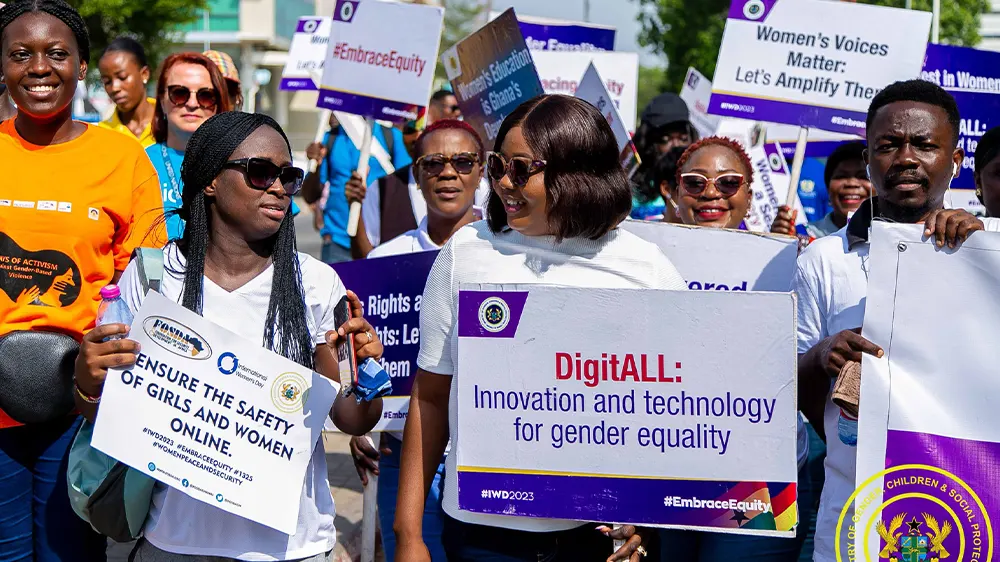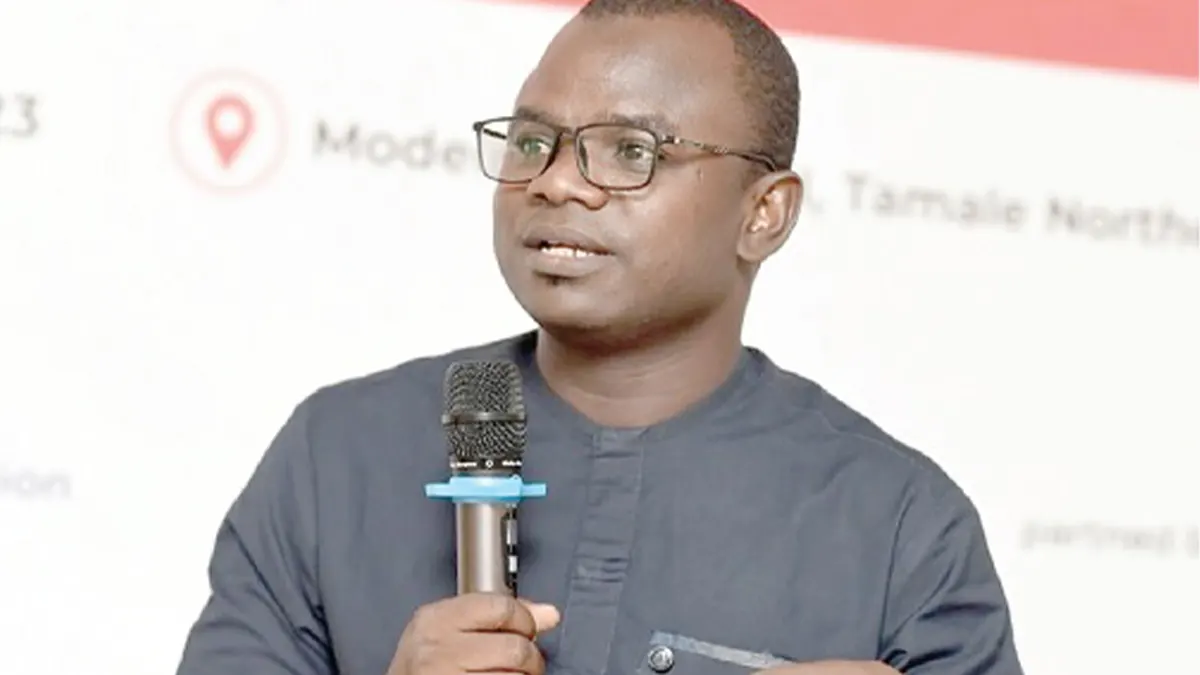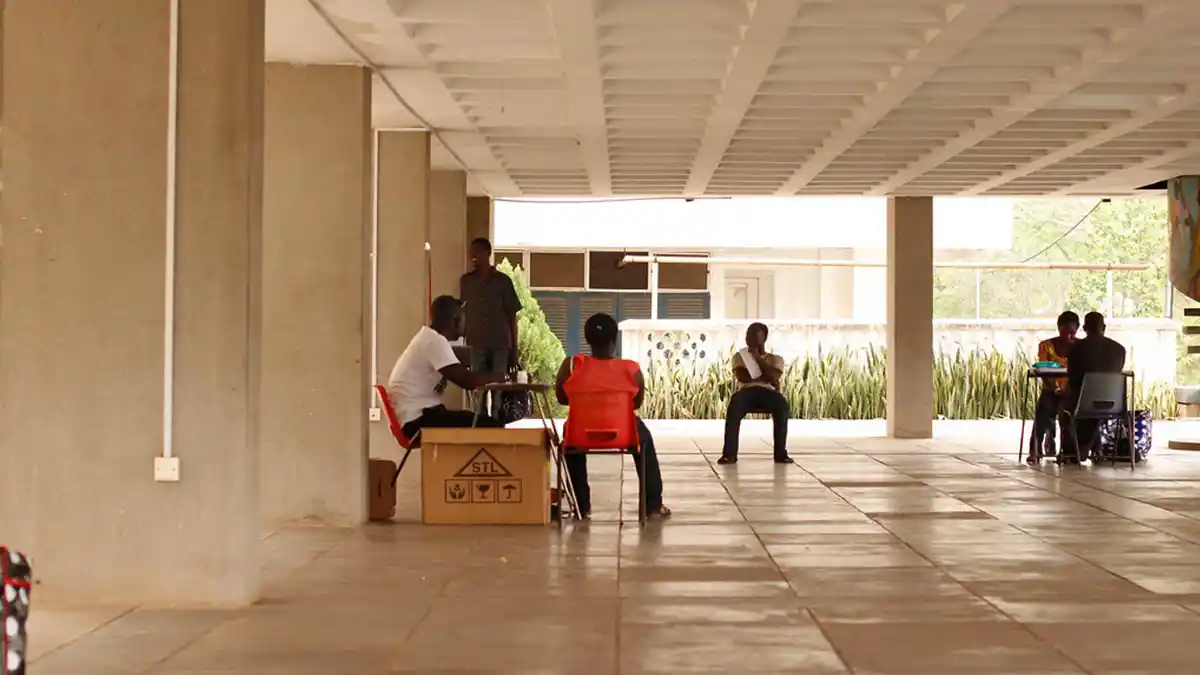The University Teachers Association of Ghana (UTAG) has highlighted the significance of International Women's Day as an opportunity to address the persistent inequalities and injustices hindering the development of women in society.
In a statement, UTAG appealed to individuals, communities, governments, and organizations to intensify efforts to promote gender equality and empower women and girls. Dr. Joseph K. Wulifan, President of the SD-Dombo University Branch of UTAG, emphasized the ongoing challenges faced by women, including discrimination, violence, and systemic barriers such as the gender pay gap and limited access to education and healthcare.
Dr. Wulifan addressed students of Wa Senior High School during the International Women's Day celebration, urging them to advocate for policy changes and lobby policymakers and stakeholders to address gender equality and women's rights in the country. He stressed the importance of raising awareness, advocating for policy changes, and fostering inclusive environments to create a more equitable world where every individual, regardless of gender, can thrive.
Dr. Rita Udor, a Lecturer at SDD-UBIDS, emphasized that Ghana's development hinges on guaranteeing women's rights, gender equality, and justice for all citizens. She highlighted the role of gender equality and justice in bringing stability to society, citing inequality and injustice as factors contributing to chaos, confusion, and underdevelopment.
Madam Nancy A. Dery, CEO of Women Powering Possibilities, encouraged students to engage positively with their male counterparts to enhance their advocacy and lobbying skills and personal development. She also urged students to acquire additional employable skills from mentors to supplement their academic certificates.
The statements from UTAG underscore the importance of International Women's Day as a platform to address gender inequalities and promote women's rights, emphasizing the collective responsibility of individuals, communities, governments, and organizations in achieving gender equality and empowering women and girls for societal stability and national growth.









